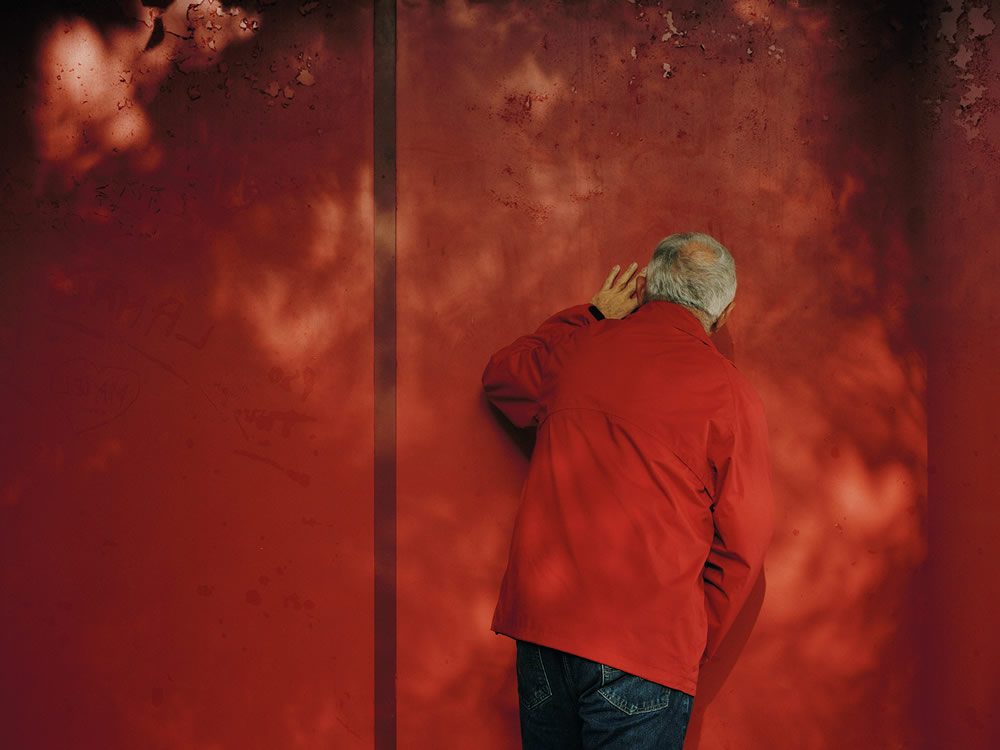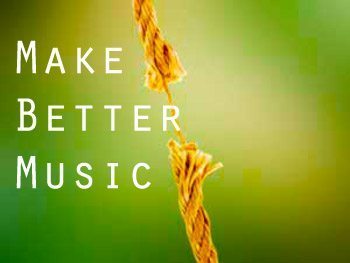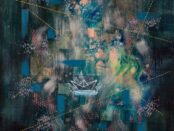Sometimes, when I sit down to write this column, it really pushes me to try to look at how and why I write music.
Writing music comes easily to me for the most part, I’ve usually got a surplus of ideas, so the only the most interesting actually get worked on. The more derivative and unimaginative ideas get pushed down the line.
Words are exact, they say what they mean
Writing text does not come at all easily to me. It’s not a mode of expression that I find comfortable, it’s so precise. Words are exact, they say what they mean, and if you have a little skill, you can deliver some extras below the surface.
With music, you can make it and the listener has to make what they will of it. You, as the creator, are not really accountable for the exact meaning attached to it. Music is safe. If you write violent music (these days at any rate) you’ll most likely attract a niche audience. There’s some metal out there that is specifically violent music, with lyrics focussed entirely on dark, disturbing themes. Plenty of people don’t like it – but many also do.
There’s a parallel here in my mind with books like Brett Easton Ellis’ American Psycho, which was banned in some countries and branded as “transgressive” – an interesting a word which defines it’s user more than itself. This sort of music is made because some people relate to it and can compare their own lives, feeling and emotions to it.
Violent music is so much more abstract – it doesn’t speak of rape,murder or wanton destruction in itself. It is at once distanced from such things, and more immediate. It speaks of the feeling, in the language of feeling.
In representing pure, physical anger the writer and the musician are offered a few choices. The writer can describe or enact. S/He can describe the characters feelings, or can smash the keys of the typewriter (these day working on a computer makes this final connection to physicality even more redundant). In music, you can write a song that expresses anger through strong words in a calm setting. Or you wind the dial in the other direction, to the point where you can smash stuff up and record it.
you can get away with being less direct
Writing music can be a cop out in many ways – you can get away with being less direct. When your medium is the written word you have to come up with words that mean something together. There is a generally held principle of what makes sense…there are rules of grammar and punctuation. Stacking up layers of contrasting material is a very different deal in words than when it’s done in music.
When making music, you can do the prose equivalent of ignoring all rules of grammar and syntax and just repeat random words as you feel like – and still end up with a pleasing end product.
I have been known to harass musicians into imagining the music they are making translated into some other medium. If your half finished track was a sculpture, what would it look like? How would you continue working on it? What might you do differently?
What if it was translated into a poem? Or a painting?
think about something familiar in an unfamiliar way
Some of you might wonder what on earth the benefit of such a whimsical process is – but I find it an enjoyable addition to the creative process. It makes you think about something familiar in an unfamiliar way. It can make you think about what you are saying and how you are saying it – and re-imagining this process in another form mean that you can still work instinctively.
The one downside is that it gets me thinking about thinking, which is something that always unnerves me. At that point it’s time to distract myself from this cerebral world…with some music I think!
David Learnt composition (harmony, counterpoint and orchestration) to degree level through studying Schoenberg’s Fundamentals of Musical Composition. He is a founder member of Avant Pop duo Cnut, and orchestral doombience outfit Regolith.
Make Better Music is updated every Tuesday. For previous articles search for ‘Dave Graham’
Rope photo: Francesco Marino / FreeDigitalPhotos.net

David Learnt composition (harmony, counterpoint and orchestration) to degree level through studying Schoenbergs Fundamentals of Musical Composition, the classic text on twentieth century harmony by Vincent Persichetti, Henry Mancini’s Sounds and Scores, Rimsky-Korsakov’s excellent books on orchestration as well as studying any scores that intrigued me. He is a founder member of two bands, avant pop duo Cnut, and orchestral doombience outfit Regolith, and have performed across Europe with them.



















